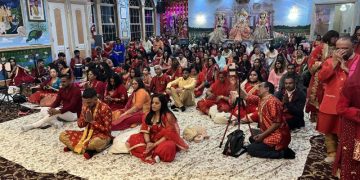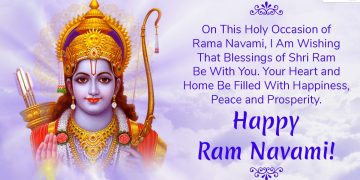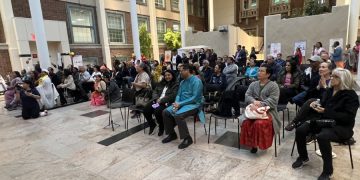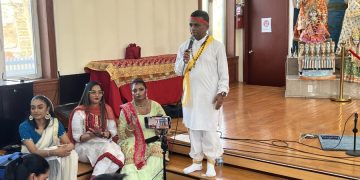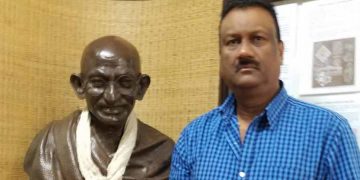Once upon a time, even in the Bible, the donkey was exalted enough even for Jesus to use it as a reference animal to make his point that the Sabbath is rendered irrelevant if your “ass fell in a well on a Sunday, if you wouldn’t jump in and go save it.”
Then there was the ass in the lion skin in Aesop’s fable showing that you could deceive people by the clothes you wear but the moment you open your mouth and only nonsense cometh forth, the ass that you are is revealed.
So this Calypsonian goes looking for a donkey to buy to conduct his coconut-selling business, but try as he may, he can’t get one as everywhere he went, he was told that there was no donkey there as all of them were in parliament. In Roman history, the decadent Caligula made his horse a Senator, for real, and ages since that he became in the eyes of the world the symbol of the fall of the Roman Empire.
Who ever thought that Caligula would have been outdone in an act that was the classic case of human madness, but lo and behold, the people of T&T, according to the calypsonian, placed in their parliament not a horse, but donkeys galore; and in truth, when they open their mouths, the sound they make is not of eloquence but of braying – as is the case of one not knowing the nationality of the people of Tobago, calls them Togogobanian.
Then the biggest one of them all, goes to the African Union for vaccine for the Covid although Africa is better known for bush medicine; and when he might have got it freely from India insinuated that if they had something to give they should have come to him and beg him to please take it.
Calypsos often provide incisive commentary on what is topical in our country, as when Gypsy sang “little black boy” which enunciated the mistakes of the little black boy who finds himself off the mainstream because he chooses the wrong road, the wrong people to befriend, the wrong life to live.
So back to the coconut vendor, who might end up having to hire human help if in truth, all the donkeys now walk the corridors of power.
By Lester Siddhartha Orie


































